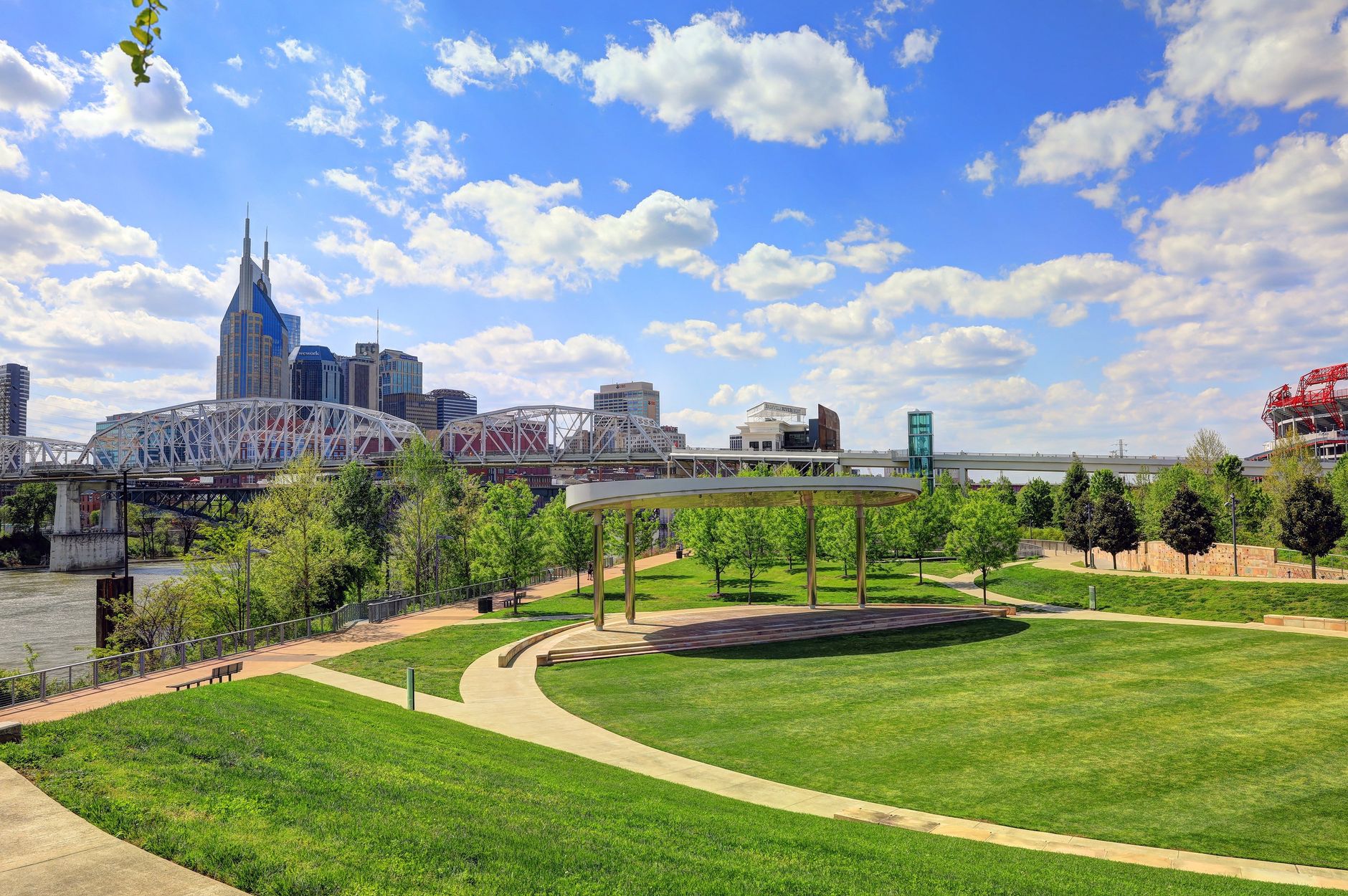Investment Property for Sale
Best States to Invest in 2025

Newly Added Investment Properties for Sale
$1,049,000

921 Lighthouse Lagoon Court, Panama City Beach , FL 32407
Panama City Beach
Single Family Residential
4 beds |
3 baths |
3,241 sq.ft
CAP RATE
Airbnb:
0.78%
Trad:
1.26%
$3,750,000

3535 Trimble Rd, Nashville , TN 37215
Four Seasons Condos
Single Family Residential
6 beds |
6 baths |
6,656 sq.ft
CAP RATE
Airbnb:
0.59%
Trad:
-0.61%

















